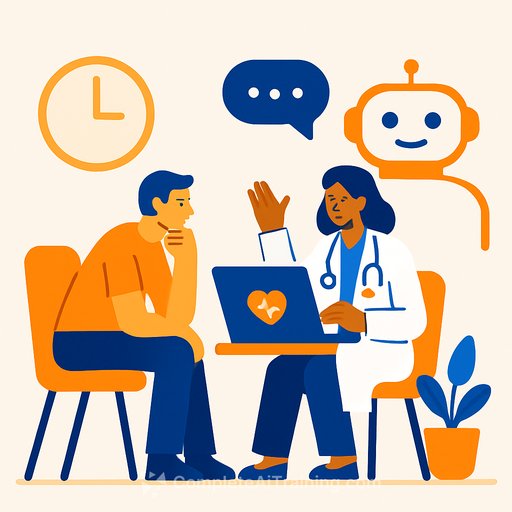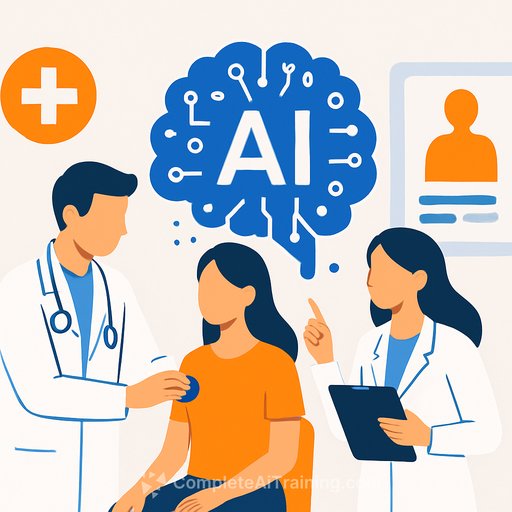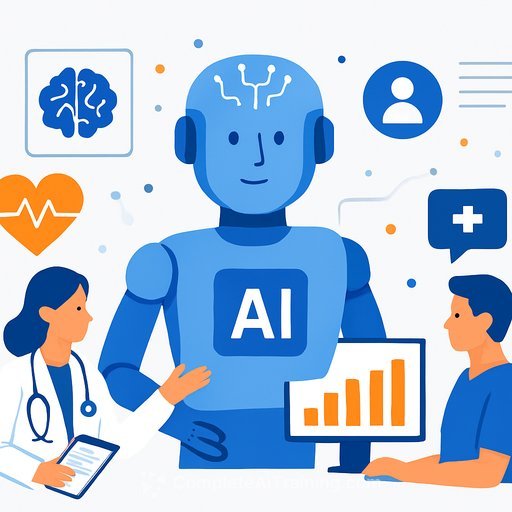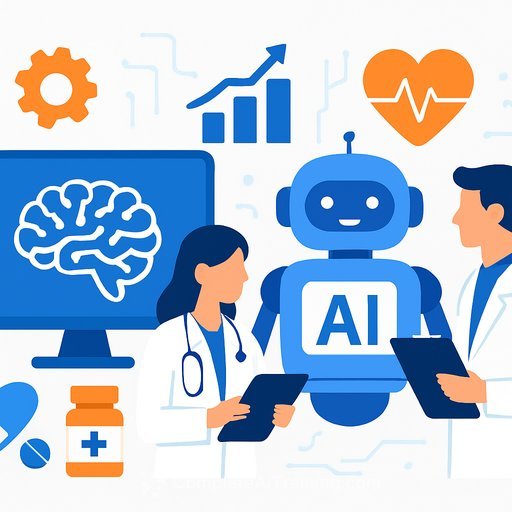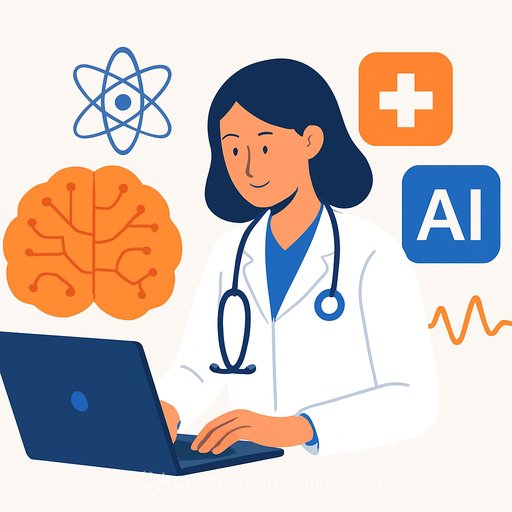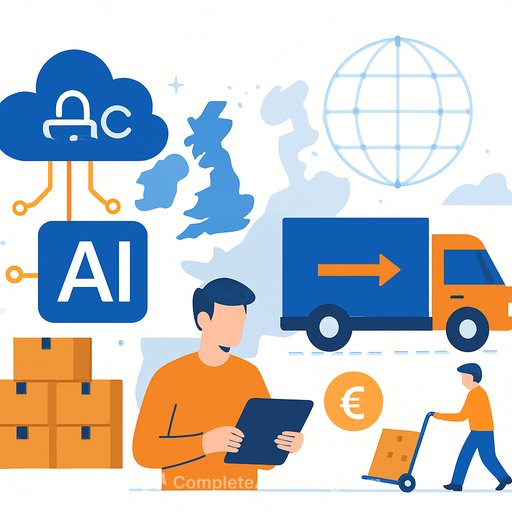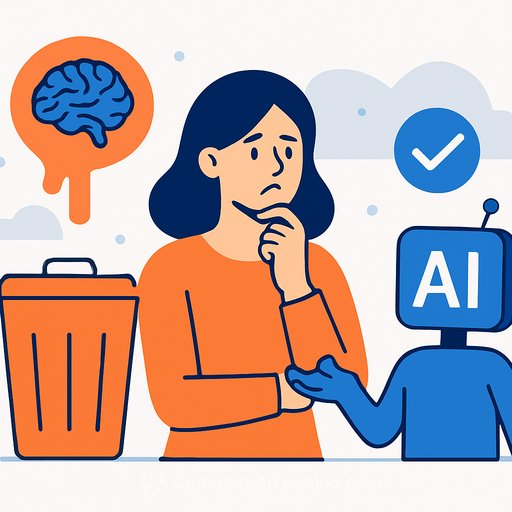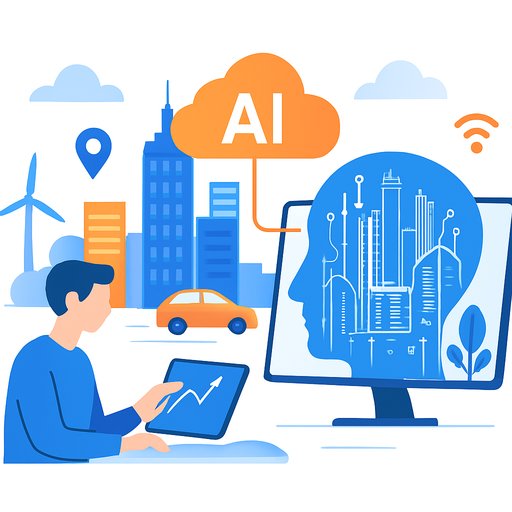A Doctor’s Appointment That Never Comes: How AI Can Transform Healthcare (and Save Lives)
Andy Chang, a 45-year-old manager at the University of Chicago Medicine, faced a frustrating barrier common in healthcare today: scheduling a routine colonoscopy. What should have been a straightforward process became a six-month ordeal of endless phone calls and messages. This delay highlights a healthcare system tangled in bureaucracy and outdated processes that no longer meet patient needs.
Colorectal cancer is one of the most common cancers worldwide. Leading health organizations recommend that men begin screening at age 45, even without symptoms. Early detection through colonoscopy can identify and remove polyps before they turn malignant, potentially saving lives. Yet, as Dr. Montserrat Del Castillo from Mexico’s National Autonomous University points out, advanced medical technology means little if patients wait half a year just to get an appointment.
AI as an Ally in Healthcare Systems
Andy Chang’s story isn’t about wishful thinking or magic fixes. It’s about adopting technology that supports and enhances human interaction within healthcare. Salesforce describes this approach as the “new agentic stack”—a software architecture that unifies data, integrates applications, and allows AI agents to handle specific tasks without replacing the vital human connection.
Beyond automating routine tasks, AI is already changing cancer care. The American Society of Clinical Oncology (ASCO) recently gathered over 40,000 specialists to discuss how AI can transform diagnosis, personalize treatments, and improve access to clinical trials. As Dr. Debra Patt from the US Cancer Network stated, medicine will look very different in just a couple of years thanks to AI.
- AI supports faster and more accurate cancer diagnosis.
- It helps design treatments tailored to individual patients.
- It improves access to clinical trials, making care more equitable.
While AI technologies have environmental impacts that require attention, ignoring their benefits risks sustaining inefficient systems and leaving vulnerable patients behind.
The Role of Data Integration and AI in Healthcare
One key to improving healthcare delivery is centralizing patient data to avoid duplication and fragmentation. Tools like Salesforce’s Data Cloud enable real-time integration of patient information, allowing providers to anticipate needs and respond with precision and empathy. This integration can make the clinical experience smoother for both patients and healthcare workers.
In Latin America, AI is also gaining attention as a means to improve healthcare efficiency. Dr. Guadalupe Rodríguez Porcayo, former president of the Mexican Society of Public Health, notes that AI could speed up appointment scheduling even in public institutions like IMSS and ISSSTE. However, she warns that AI alone won’t solve the problem of limited medical personnel. More appointments can be scheduled, but quality care still depends on having enough healthcare professionals to see patients.
Prevention, Education, and a Balanced Approach
Dr. Rodríguez Porcayo emphasizes the need to strengthen primary care and promote health education. Early detection and prevention require work at the community level, through health centers and family clinics. AI can be a powerful tool, but it must be combined with political commitment, investment in healthcare staff, and a focus on prevention.
Stories like Andy Chang’s highlight the urgent need for change. With the right support, AI can help create a healthcare system that is more agile, fair, and centered on patients—whether in the U.S., Mexico, or across Latin America.
For healthcare managers interested in how AI can improve systems and patient outcomes, exploring practical AI applications and training can be a valuable step. Resources such as Complete AI Training’s healthcare management courses offer focused insights into integrating AI effectively within healthcare operations.
Your membership also unlocks:

